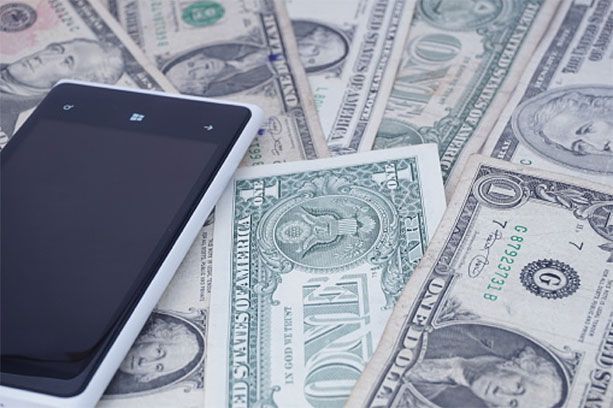Why Quicken Is the Best Way to Keep Track of Your Money
Meticulously counting each dollar you spend gets old in a hurry, but keeping track of them as they leave your pocket is still the best way to monitor your cash flow. Good news is, you no longer have to do all that counting manually. Budgeting software takes all the legwork out of keeping track of your money. With Quicken as your best option, here’s how you can use it to keep your money in check.
Identify Your Fixed Expenses
According to Bryan J. Bentley of Bentley Financial Investment and Insurance Advisors in Roseville, California, the first step of any budget is to sort your expenses into large categories. Go down the list of each monthly expense to decide which are fixed and which are variable.
Your fixed expenses are those that are the same, or nearly the same, every month. Think insurance premiums, utilities, rent or mortgage payments, car payments, bills for your cell phone, Internet and credit cards. Most of these are costs you don’t have easy control over reducing — you can’t simply decide to spend less on them. But when you use Quicken Starter Edition, the software safely imports all your banking transactions and sorts them out for you.
Start Collecting Receipts
Now determine which expenses are variable, meaning you have control of them. Examples of variable expenses are groceries, clothing, entertainment, and fuel for your car. Save your receipts for a while to get a handle on these costs, or use the Quicken mobile app and upload them on the fly. Quicken shows you exactly where your money is going after a period of time; every penny and dime, laid out in a neat graph right there on your computer or smartphone. Be prepared to be surprised. Many people don’t realize how much they spend on “extras.”
Don’t Forget Irregular Expenses
You should have a pretty good idea by now of what you’re spending monthly, but there’s one more category to address: irregular expenses.
These may be fixed or variable, but they’re not due each and every month. For example, you may pay insurance premiums quarterly, and your spending will probably increase around the holidays as you buy gifts. You can plan for irregular expenses in advance in a number of ways: Maybe you’ll increase your income in December by taking on a seasonal job, or you can save for quarterly expenses by dividing them up into monthly portions.
Now Tweak and Adjust
You’re almost there. You know where your money is going, but what if you’re seeing a shortage between income and outgoing cash flow during some months? “Review each category to determine if an expense is representative of a typical month or if it can or should be adjusted up or down,” Bentley says.
If you think you’re paying too much for insurance or for certain service plans, like your phone, shop around for companies that may charge you less. If your spending is out of control, consider putting yourself on a cash allowance and stop spending when that money is gone. The allowance doesn’t even have to be actual cash — Quicken Starter Edition warns you when you’re about to hit your budget limit for spending.
Keeping track of your money is easiest when you can literally see where it’s going. With Quicken Starter Edition and the Quicken mobile app, your account balances and budget details are right there at your fingertips whenever and wherever you need them.
Quicken has made the material on this blog available for informational purposes only. Use of this website constitutes agreement to our Terms of Use and Privacy Policy. Quicken does not offer advisory or brokerage services, does not recommend the purchase or sale of any particular securities or other investments, and does not offer tax advice. For any such advice, please consult a professional.



